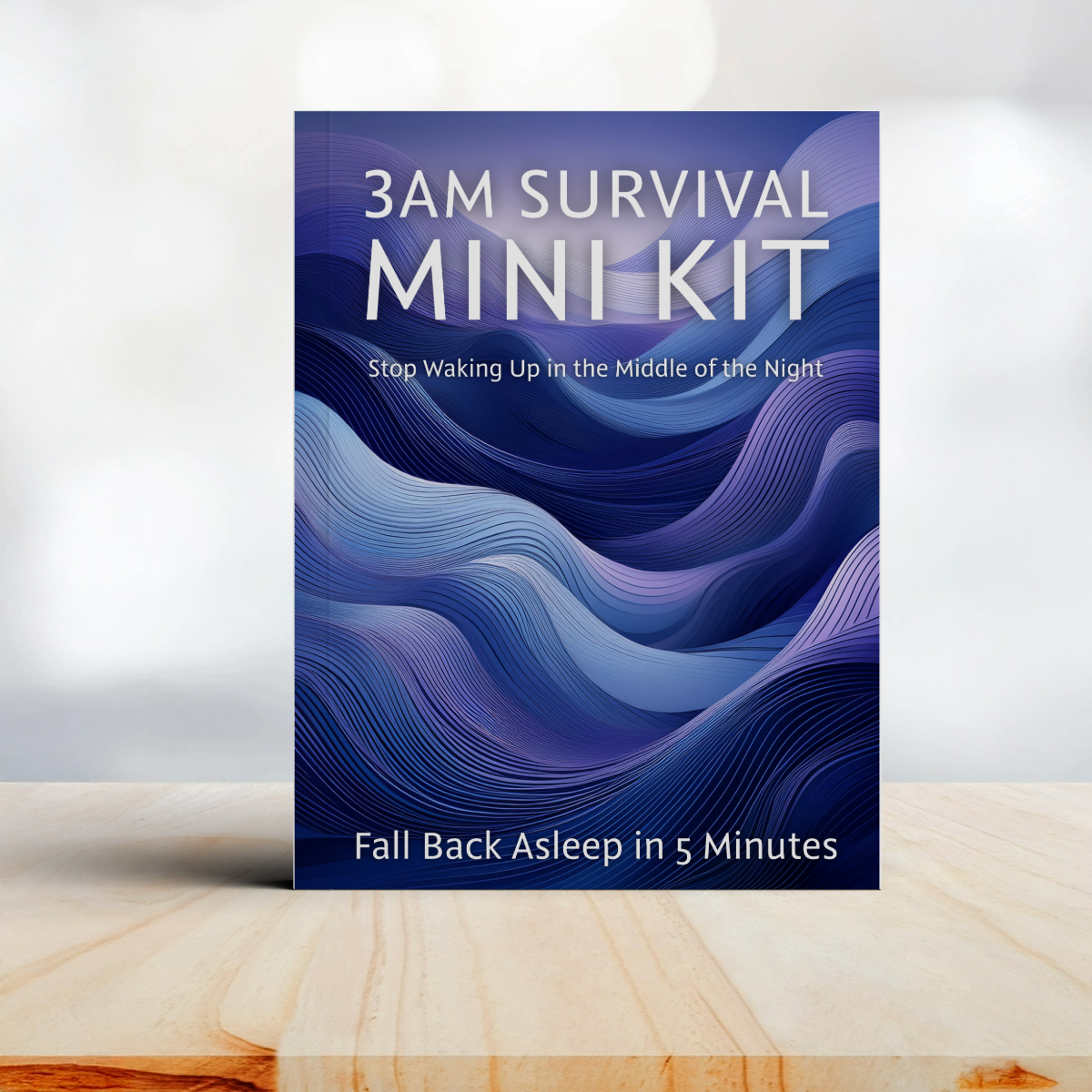The Impact of Sleep on Productivity and Decision-Making
Published on July 5, 2025

The Connection Between Sleep and Productivity
Sleep is not merely a passive activity — it is a foundational biological process that supports nearly every system in the human body. During quality sleep, the brain consolidates memories, balances hormones, clears waste, and prepares the body for optimal performance. In today’s fast-paced world, understanding the link between sleep and productivity is more essential than ever.
How Sleep Affects Cognitive Functions
Sleep enhances critical aspects of mental performance that directly impact productivity.
Attention and Focus
Insufficient sleep diminishes our ability to concentrate. Tasks take longer, errors increase, and overall efficiency drops. Studies show that sleep-deprived individuals perform similarly to those under the influence of alcohol when it comes to reaction time and focus.
Memory Consolidation
During deep stages of sleep, especially REM sleep, the brain processes short-term experiences and stores them in long-term memory. This process is vital for learning and retaining information.
Problem-Solving and Creativity
A well-rested brain is better at connecting ideas, identifying patterns, and approaching challenges with flexibility. Sleep supports creative thinking and complex decision-making.
Consequences of Sleep Deprivation

3AM Survival Mini Kit
Fall Back Asleep in 5 Minutes
A clear, no-nonsense guide that tells you exactly why you wake up at 3AM and what to do the moment it happens — so you can stop the adrenaline spike, calm your body, and fall back asleep within minutes. Every step is practical and designed to fix the problem right when it starts.
See What’s Inside – $4Consistent lack of sleep affects both physical and cognitive performance.
Increased Error Rates
Sleep-deprived individuals are more prone to making mistakes, especially in detail-oriented or safety-critical tasks. This can lead to poor outcomes in professional settings.
Decreased Motivation
Fatigue often leads to lower energy levels, reduced interest in tasks, and emotional flatness. This can hinder your ability to take initiative and follow through.
Slow Reaction Time
Sleep deprivation slows cognitive processing. Everyday tasks like driving or typing become more difficult and risk-prone when sleep is compromised.
The Role of Sleep in Decision-Making
High-quality sleep improves executive functions — the mental skills needed to plan, prioritize, and make informed decisions.
Better Risk Assessment
Sleep improves our ability to weigh risks and rewards. A rested brain is more analytical and less impulsive, especially under pressure.
Emotional Regulation
Sleep stabilizes mood and reduces reactivity. This leads to more rational, less emotionally charged decisions in both professional and personal life.
Logical Thinking
The prefrontal cortex, which governs logical reasoning and impulse control, functions more effectively after a full night of sleep.
Impaired Judgment Under Sleep Loss
Sleep deprivation impairs judgment, increases susceptibility to stress, and clouds reasoning. People are more likely to make hasty, emotionally driven decisions without proper rest.
Practical Strategies to Improve Sleep
To protect productivity and cognitive clarity, it’s essential to practice good sleep hygiene.
Create a Consistent Sleep Schedule
Wake up and go to bed at the same time every day, including weekends. This helps regulate your circadian rhythm and makes it easier to fall asleep naturally.
Establish a Pre-Sleep Routine
Engage in calming activities 30 to 60 minutes before bed:
- Dim the lights and avoid bright screens
- Read a physical book
- Practice meditation or breathing exercises
Optimize Your Sleep Environment
A restful sleep setting can make a significant difference:
- Keep the bedroom cool (around 18°C or 65°F)
- Use blackout curtains or a sleep mask
- Limit noise using earplugs or white noise machines
Watch Dietary and Screen Habits
Avoid caffeine, heavy meals, and alcohol late in the day. Limit screen time in the hour before bed, as blue light can interfere with melatonin production.
Conclusion
Understanding and prioritizing sleep is a strategic advantage in any area of life. It is the foundation for higher productivity, better decisions, and long-term well-being.
If you want to perform at your best, sleep cannot be optional. Reflect on your habits, make gradual improvements, and treat rest not as a luxury but as a necessity for sustained success.
Frequently Asked Questions
Martin Lain — Sleep Researcher & Creator of SleepCureAI
Martin Lain combines modern sleep science, circadian-rhythm research, TCM-inspired insights, and AI-based pattern analysis to help people understand their sleep more deeply. His work integrates gentle nighttime rituals, nervous system regulation, and data-driven tools.
Medically Reviewed by
Dr. Mei Lin, DACM – TCM Sleep Medicine Specialist
(Editorial Medical Reviewer Persona)
Dr. Mei Lin is an editorial medical reviewer specializing in Traditional Chinese Medicine. Her expertise focuses on the relationship between Yin–Yang balance, Shen (Heart spirit), Liver Qi regulation, and the Kidney's role in nighttime restoration. Her review ensures that SleepCureAI articles align with foundational TCM sleep principles and classical physiological patterns described in traditional sources.
- Yin deficiency and difficulty sleeping
- Liver Qi stagnation and 1–3AM wake-ups
- Kidney Yin and nighttime restoration
This reviewer profile represents an editorial medical persona used for accuracy review of TCM-related sleep concepts.
Reviewed by SleepCureAI Sleep Engine (Beta)
A machine-learning model trained on circadian rhythm science, Traditional Chinese Medicine sleep physiology, and behavioral sleep optimization frameworks. This system reviews each article for timing accuracy, emotional–physiological coherence, and alignment with safe sleep practices.
- Circadian rhythm consistency
- Nervous system safety & regulation insights
- TCM coherence (Yin–Yang, Liver Qi, Shen)
- Evidence-based lifestyle recommendations
Disclaimer: This AI system does not diagnose medical conditions and does not replace professional care.